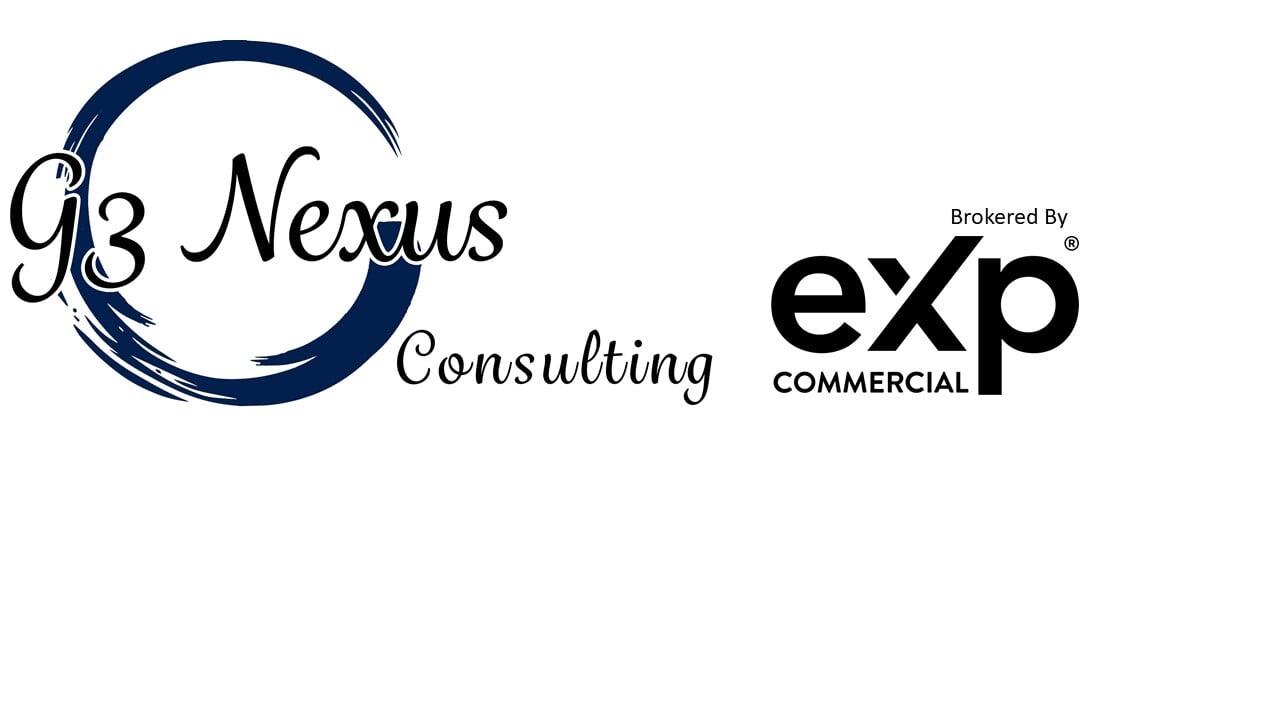About The Assisted Living Industry
We are experiencing an influx of seniors entering nursing homes, a trend that is likely to continue for the next 5 to 10 years at least. This has created demand for assisted living facilities and retirement communities, and it is an exciting time for owners of these facilities and centers who are planning their exit strategy.
Below is a detailed review of the assisted living and retirement community industries with detailed insights into how you can determine your company’s value and sell for fair market value or higher in the existing market.
This industry includes businesses that offer personal care and residential services for elderly individuals and those who are unable to care for themselves adequately due to a disability or illness. Assisted living centers (and retirement communities) typically provide meal services housekeeping, and provide social and leisure opportunities. Here is the most recent industry data:
- There are approximately 37,000 assisted living facilities and retirement communities in the U.S.
- There was a 0.7% annual growth for the assisted living industry from 2018 to 2023
- The assisted living industry generates $147.8 billion in annual revenue
- The annual profit for the assisted living industry is $14.7 billion
- Experts predict a sizable increase in annual growth (4.7%) from 2023 to 2028
Keep in mind, this data is specifically for assisted living facilities and retirement communities that offer on-site nursing care services. This data is provided by Business Reference Guide. There is a noticeable trend toward more group homes and fewer assisted living centers, although both types fall within this industry.
As is the case with the medical industry overall, staff shortages are far too common.
The expected growth for the assisted living and retirement industries are driven by an aging population. More elderly individuals are opting for assisted living and experts expect this trend to continue over the course of the next five years.
Stage 2: Marketing and Negotiations
The goal here is to sell your company in a confidential manner. Private businesses, particularly those within the assisted living industry, should not try to sell publicly as it could disrupt profitability and organizational processes.
The good news is your business broker handles the entire marketing process for you and connects you with prospective buyers who are willing to pay fair market value. They help you with negotiations and contingency discussions as well. It can be challenging to adequately screen potential buyers on your own, and working with a broker ensures the buyer you choose for your company is qualified and allows you to reach both your financial and nonfinancial goals.
Stage 3: Due Diligence and Closing
Once you decide on a buyer to purchase your company, the next step is to complete due diligence. This process is necessary for the buyer to confirm all of the details about your assisted living facility or retirement community. This is also why we prepare before the sale process begins.
By having all of the documents ready to provide upon request, you can significantly reduce the amount of time it takes to complete due diligence, which helps move to closing faster and reduces the risk of deals falling through after the letter of intent (LOI) is signed.
After due diligence, it is time to close the deal. Your closing table may include you (the owner and seller), the buyer, your attorney, the buyer’s attorney, and the business broker. If the buyer is receiving financing, a member of their bank or financial institution may attend as well. Your broker can work with you to ensure you have all of the documents you need for closing, along with answering any questions you have throughout the process.
This stage also involves transferring ownership of your assisted living facility or retirement community to the buyer. Among other tasks, you will need to update your insurance information, provide access to all buildings, information, etc., notify employees, notify patients, guests, and residents (and their families), and more. This may seem daunting, but your broker is there to help you through it all.
Planning Your Exit Strategy?
Value Building & Preparing for an Exit
cepa pLANNING AND PREP - dOCS, financials,
VALUATION
Marketing and Negotiations
What is my Assisted Living Worth?
As mentioned, there is great demand for assisted living facilities and retirement communities due to the consistent revenue source aided by an aging population. This demand has driven up acquisition multiples (rule of thumb data) and presented an excellent opportunity to sell. Specifically, here is the most recent rule of thumb data for assisted living centers and related businesses:
- Assisted living facilities and retirement communities sold between 1.67 to 3.56 times the Seller’s Discretionary Earnings (SDE)
- Assisted living facilities and retirement communities sold between 3.24 and 6.86 times the Earnings Before Interest, Taxes, Depreciation, and Amortization (EBITDA)
- Assisted living facilities and retirement communities sold between 0.53 and 0.56 times the annual net sales on average. Some larger companies ($5M+ in net sales) sold for up to 2.76 times their net sales.
- The next step is your business valuation, which is discussed above. This involves a market-based approach to determine your fair market value — the amount a potential buyer would likely offer for your company. If your value allows you to accomplish your goals, it is likely time to move to the selling stage. However, if you are not entirely satisfied with your valuation, then your business broker can help you establish a plan to improve its value before seeking buyers.
Of course, your valuation goes beyond the rule of thumb. Your business broker also looks at your geographic location, the quality and reputation of your workforce, your reason for selling, and a plethora of other considerations. .



